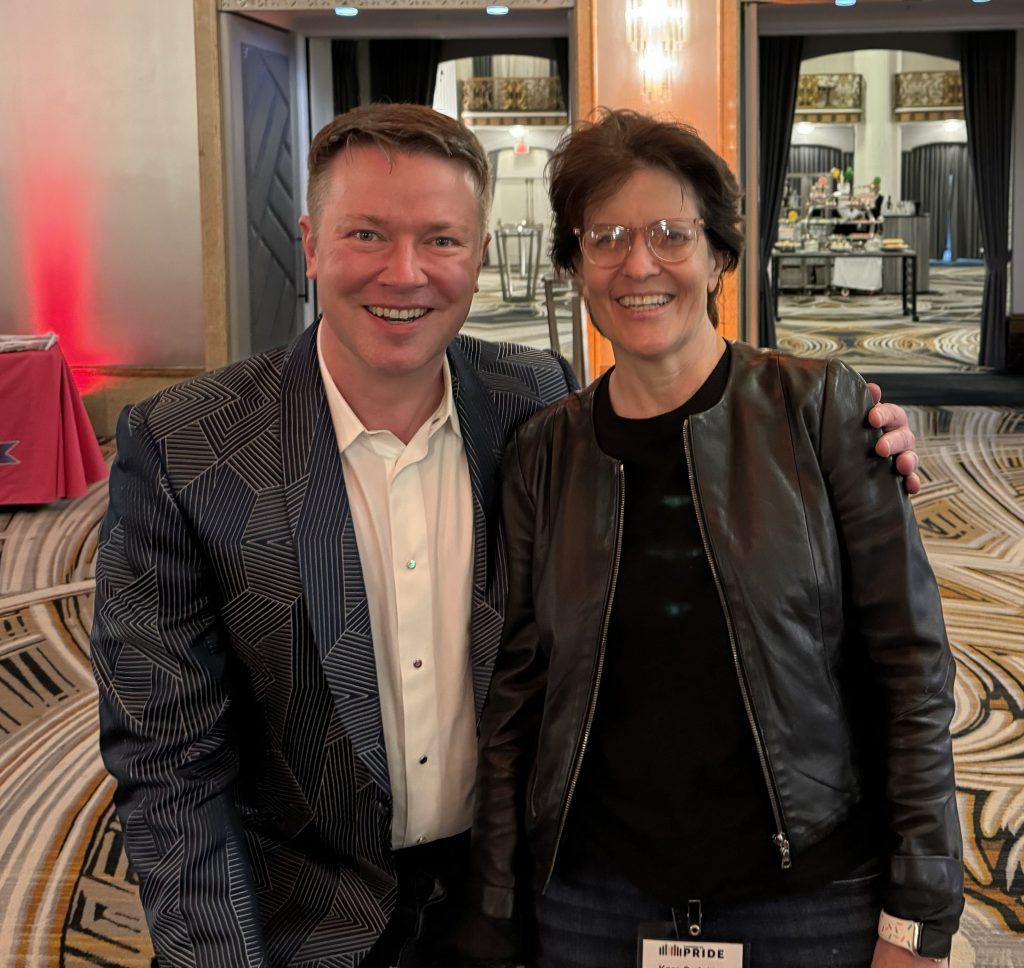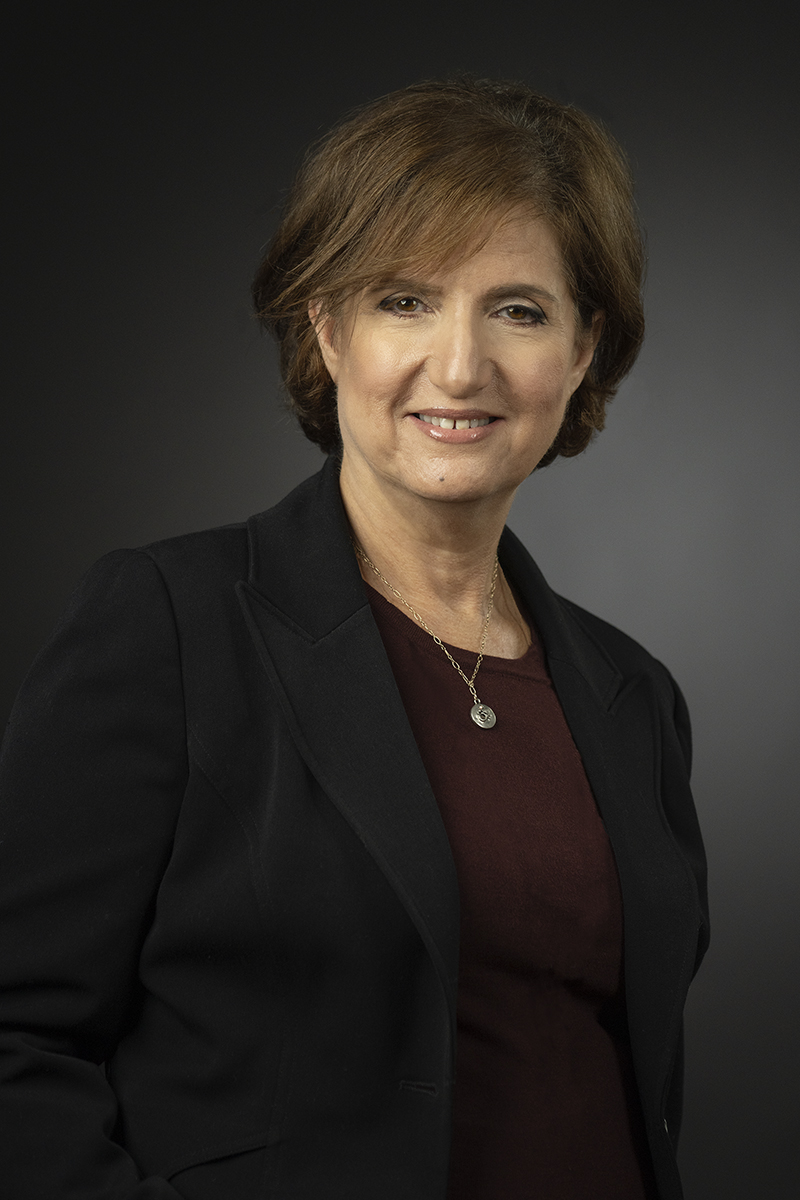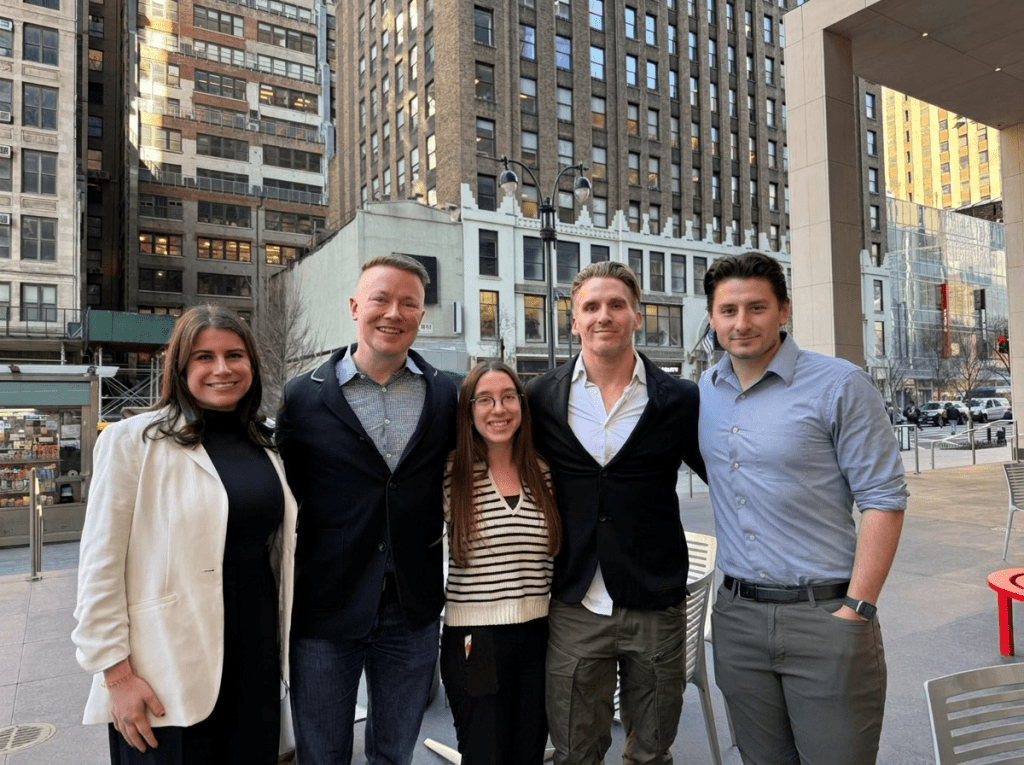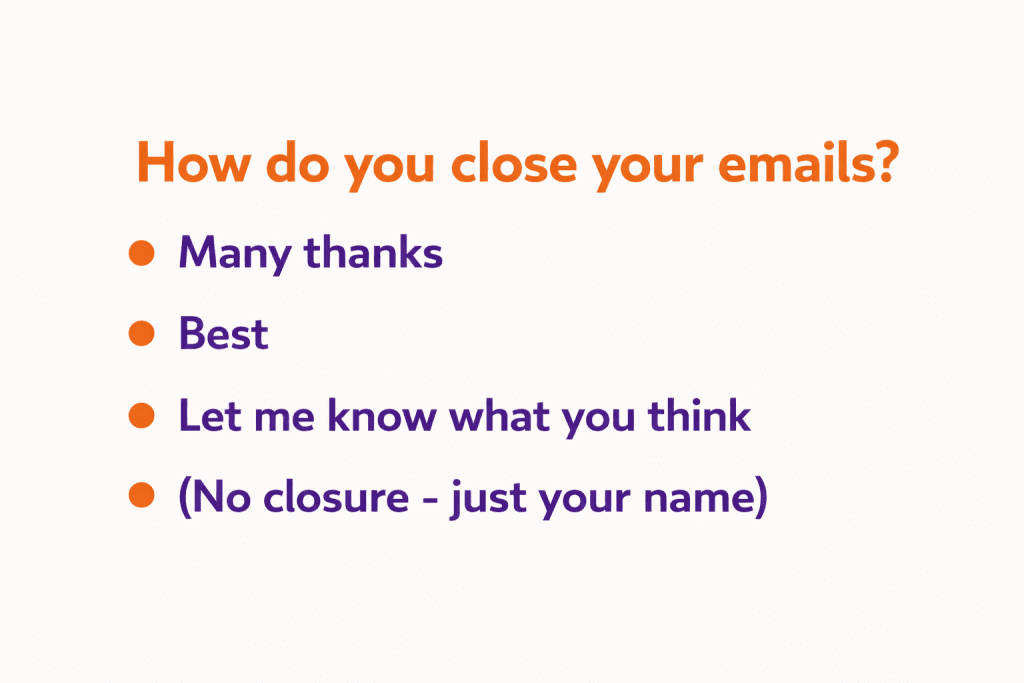On a scale of 1 to 10, how important is freedom of the press?
I’m hoping you thought 10.
This July 4th, I’m flying the flag for freedom of the press, sanctified in the First Amendment to the U.S. Constitution:
Congress shall make no law respecting an establishment of religion, or prohibiting the free exercise thereof; or abridging the freedom of speech, or of the press; or the right of the people peaceably to assemble, and to petition the Government for a redress of grievances.
A free press supports government and institutional transparency and accountability and helps ensure an informed citizenry. Beyond these vital tenets of a democracy, a free press also helps to promote the exchange of diverse opinions and advocate for social justice.
As election news and misinformation swirls ever more furiously, freedom of the press has been on my mind often these days.
Admittedly, I nerd out when I think about how essential freedom of the press is to our democracy. Maybe my roots as a journalist make this resonate so deeply for me. In the U.S., it’s a little too easy to take a free press for granted — it’s so ingrained in the fabric of our lives. But believing in a free press isn’t always easy. It gets downright messy at times. It means we must be willing to let people with divergent opinions have their say without repercussion. And sometimes, their “say” goes against everything you hold dear.
Plus, there is the ongoing battle between spreading misinformation and what constitutes a free press.
Believing in a free press
Interestingly, despite a “divided” America, most understand that freedom of the press is critical to our society. A Pew Research study found that 73%of Americans believe freedom of the press is extremely or very important to the well-being of society.
However, many citizens are concerned about potential restrictions on press freedoms in the U.S., arguing that political and financial interests have too much influence on news organizations. According to the Pew Research study, 70% of Americans are extremely, very or somewhat concerned about the enforcement of restrictions.
U.S. journalists are also concerned. A 2022 survey of U.S. journalists revealed 57% are worried about restrictions on press freedom.
And worldwide, freedom of the press is under constant threat. A report issued by the Committee to Protect Journalists states that an estimated 320 journalists worldwide were imprisoned because of their work in 2023. Russia currently holds two U.S. citizens: Wall Street Journal reporter Evan Gershkovich and Alsu Kurmasheva of Radio Free Europe/Radio Liberty.
America has had its own recent close encounters with attempts to restrict freedom of the press, including a police raid on a Kansas newsroom and government seizure of a Florida journalist’s materials. Throughout history — from the 18th century with the Alien and Sedition Acts to the Red Scare in the 1940s and 1950s to the Pentagon Papers leak in the 1970s — attempts have been made to limit freedom of the press.

Complicating the issue
Social media has added a layer of complexity to the freedom of the press challenge. There is growing debate on whether social media platforms should enjoy the same freedoms as traditional media outlets.
Many criticisms around social media are not without precedent in traditional media. Newspapers and broadcast news outlets have also spread misinformation and disinformation – knowingly or not. The difference is one of scale; once a post goes viral and its subject matter spreads like wildfire, countering false claims with accurate information is an uphill battle.
Not to mention that journalists are often subject to severe threats and harassment online.
Championing for a free press
At Bospar, we understand a free press is crucial to public relations, enabling us to share information freely and ensuring that accurate and timely information reaches the public without fear of government reprisal. We rely on media coverage to engage with the public or targeted audiences. We rely on the credibility of the free press to present information about our clients that is considered trustworthy because it appears in a trusted media outlet. We rely on the freedom of the press to ensure that organizations are held accountable for the information provided, promoting ethical behavior and transparency, which are essential for effective PR.
We understand the importance of cultivating respectful and supportive relationships with journalists. We ensure that the content we create for clients promotes accurate information. Our long-form bylines don’t just add noise to the zeitgeist. We help further the conversation regarding market trends, dispelling myths or revealing a new perspective on challenges businesses face.
Many of us who work at Bospar, both on the content team and on the account side, are former journalists.
Rallying for the cause
We also give back to the industry. Curtis Sparrer, Bospar principal and co-founder, is president of the San Francisco Press Club. Bospar was the only PR agency to invest – with time and money – in the Press Club’s reboot of its 45th awards ceremony.
Acting on our belief that the intersection of journalism and AI is the most critical media issue of our time – with ChatGPT and its siblings causing growing pains and taking jobs from journalists – we were the first PR agency to spotlight the potential impacts of AI in the newsroom. First, we worked with Propeller Insights to survey more than 1,000 American media workers and gauge their opinions about using generative AI technologies in journalism.
Then, we sponsored a San Francisco Press Club panel on AI’s impact on the newsroom. Curtis rallied the Bospar troops to create the panel discussion, which was hosted at Microsoft’s Silicon Valley campus and featured Bay Area journalists from Bloomberg, VentureBeat, MarketWatch and WIRED.
Bospar implemented PR and marketing initiatives to draw attendees, penning press releases, amplifying on social media and conducting personal outreach to spread the word.
More than 100 journalists attended the event.
Last week, we again worked with the San Francisco Press Club, this time to welcome over 200 journalists to watch CNBC’s Deirdre Bosa interview with SF Federal Reserve President Mary Daly. Besides expertly handling all the event’s logistics, Bospar used its award-winning playbook – informed by our best practices in banking, consumer, pharma and tech – and launched an aggressive social media campaign to spread the word and ensure journalists attended.
The event was a huge success.
So, this July 4th, amid the family barbeques, firework displays and hometown parades, I hope you take a moment to celebrate freedom of the press. I know I will!




